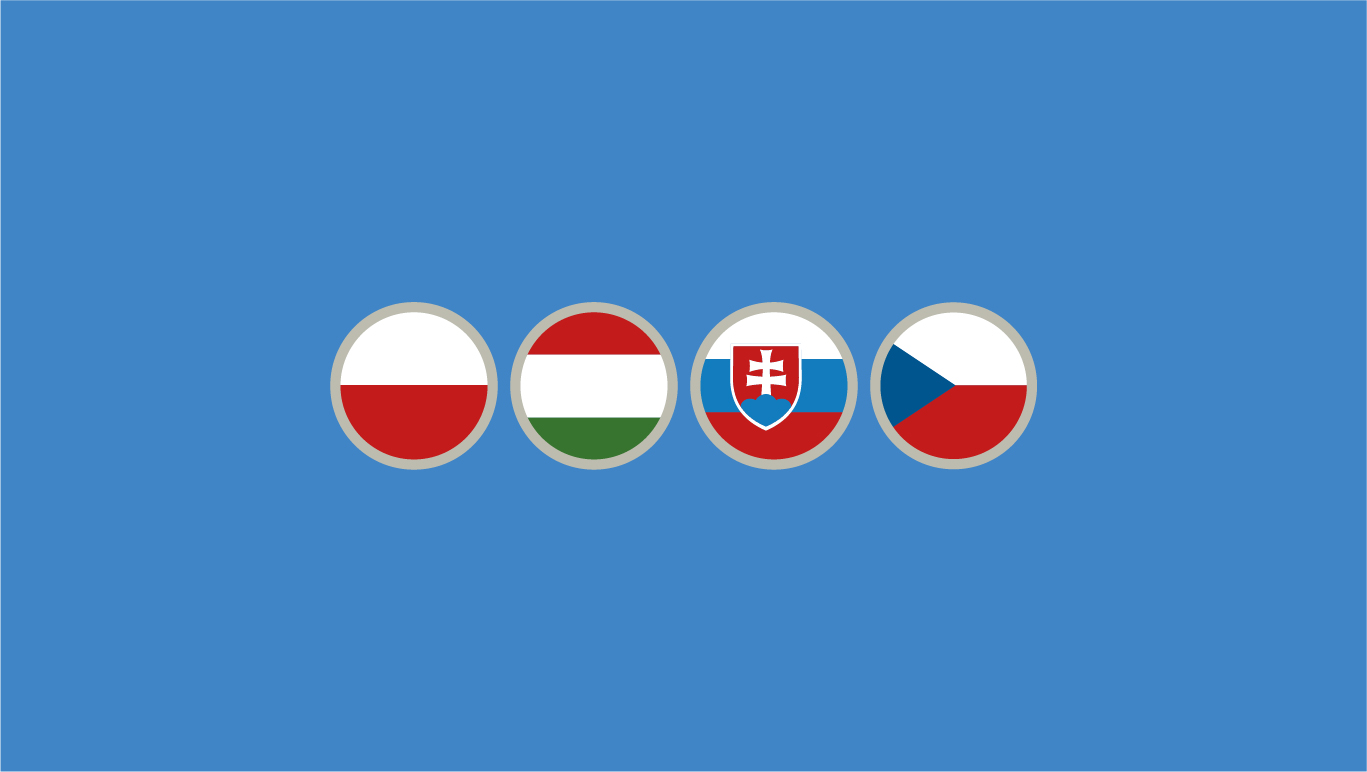CategoriesPolitical poll
VISEGRAD COOPERATION POPULARITY GROWING
86% of the adult population know of V4 and 63% think it serves their country well in enforcing its interests, according to a survey conducted by Nézőpont Intézet. 47% of respondents are optimistic about the future, 82% would not want their country to exit the EU, and 77% reject refugee quotas.



